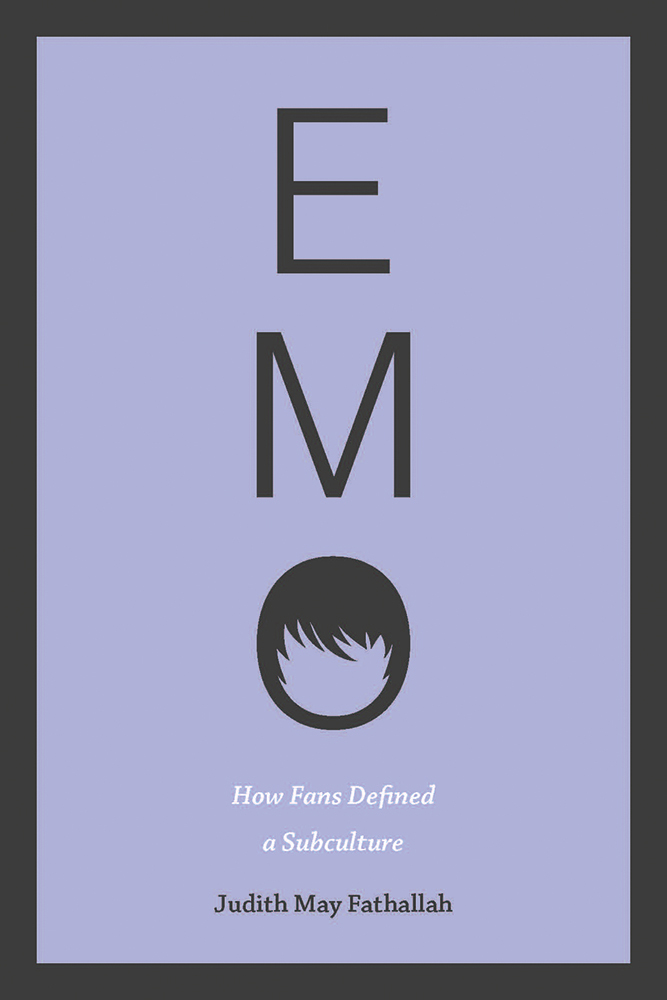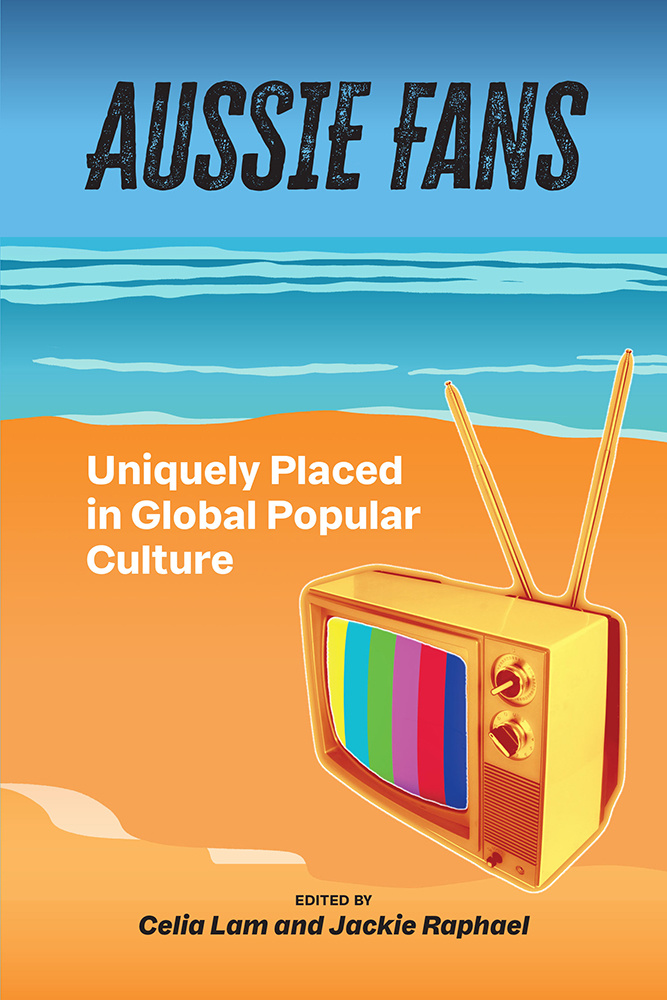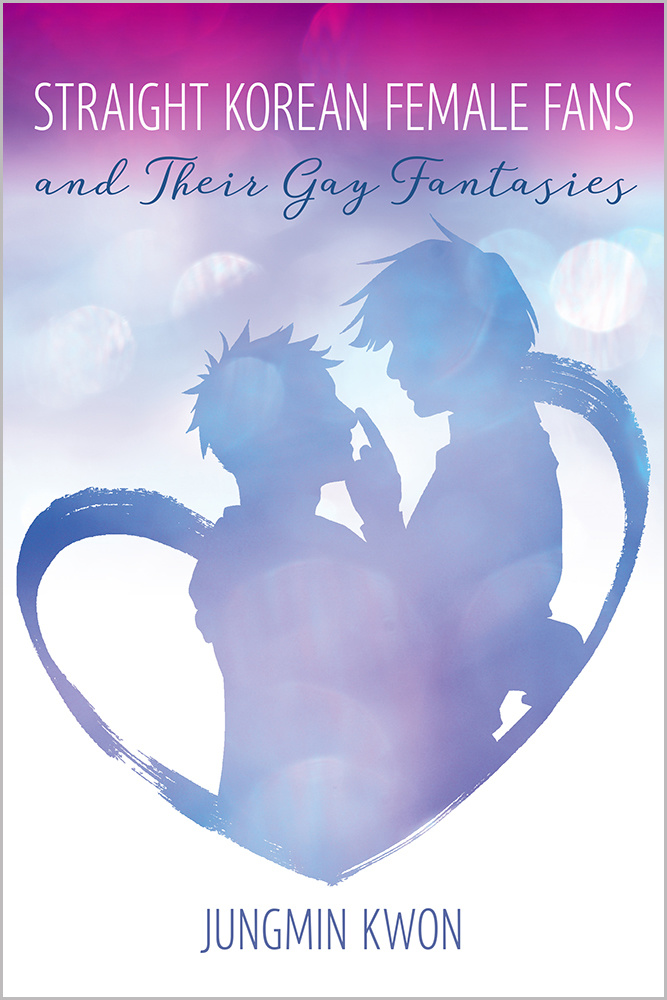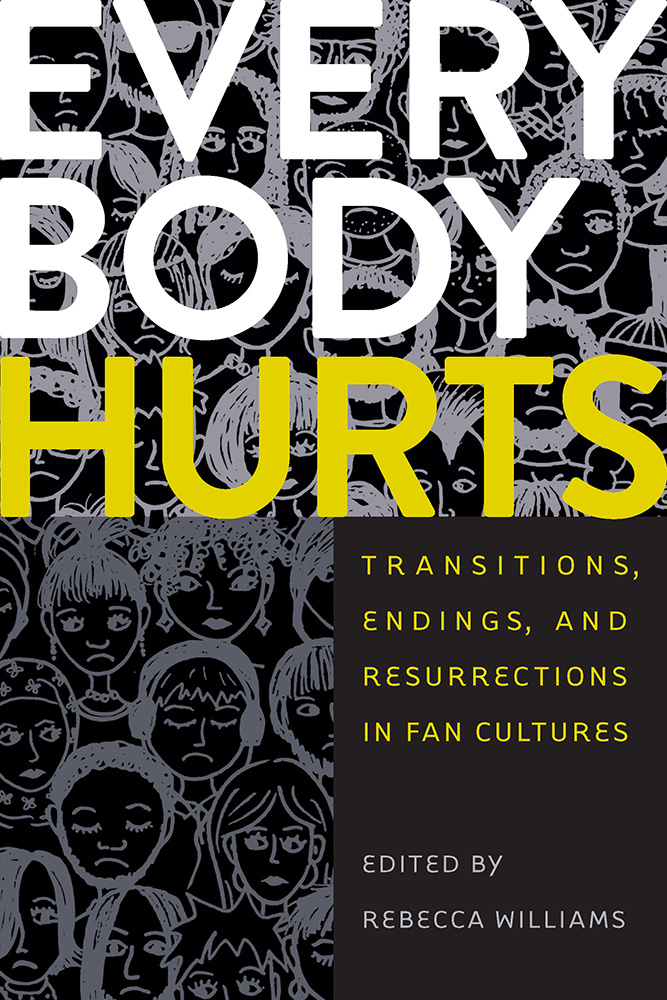For many, the word “emo” calls to mind angsty teenagers, shaggy black haircuts, and skinny jeans. A popular music phenomenon in the early 2000s, emo is short for “emotional hardcore,” and refers to both a music genre and a youth scene notable for its androgynous style. Judith May Fathallah pushes beyond the stereotypes and social stigma to explore how online fandom has shaped the definition of emo, with significant implications both for millennial constructs of gender and for contemporary fan studies.
First laying out the debate over what emo is, Fathallah walks superfans and newcomers through the culture surrounding the genre’s major bands, including the emo holy trinity: My Chemical Romance, Fall Out Boy, and Panic! At the Disco. Next she examines fans’ main mode of participation in the emo subculture—online communities such as LiveJournal, Tumblr, MySpace, and band websites. Taking a hard look at the gender politics that dominated those spaces, she unearths a subculture that simultaneously defines itself by its sensitivity and resistance to traditional forms of masculinity, yet ruthlessly enforces homophobic and sexist standards. Fathallah demonstrates fandom’s key role in defining emo as a concept and genre after 2001, with probing insight into its implications for gender constructions through popular music.
“There has long been a need for this book: an exploration of the emo music scene and how it intersects with fandom. Judith Fathallah writes with nuance and much vivacity. I found this work to be highly engaging and an indispensable text for scholars and students interested in music and fandom.”—Lucy Bennett, coeditor, Seeing Fans: Representations of Fandom in Media and Popular Culture
“Emo: How Fans Defined a Subculture offers a brilliant ‘trinity’ of analysis. It takes fandom’s productivity seriously, showing how fans have generated—and gendered—key discourses of emo; it ranges across the likes of Tumblr and Reddit to offer a multi-platform approach to fannish playfulness and gatekeeping; and it thinks about how the music press has ‘re-authorized’ fan interpretations. Always nuanced, always critical, Emo makes a superb contribution to fan studies, popular music studies, and gender studies alike.”—Matt Hills, University of Huddersfield



